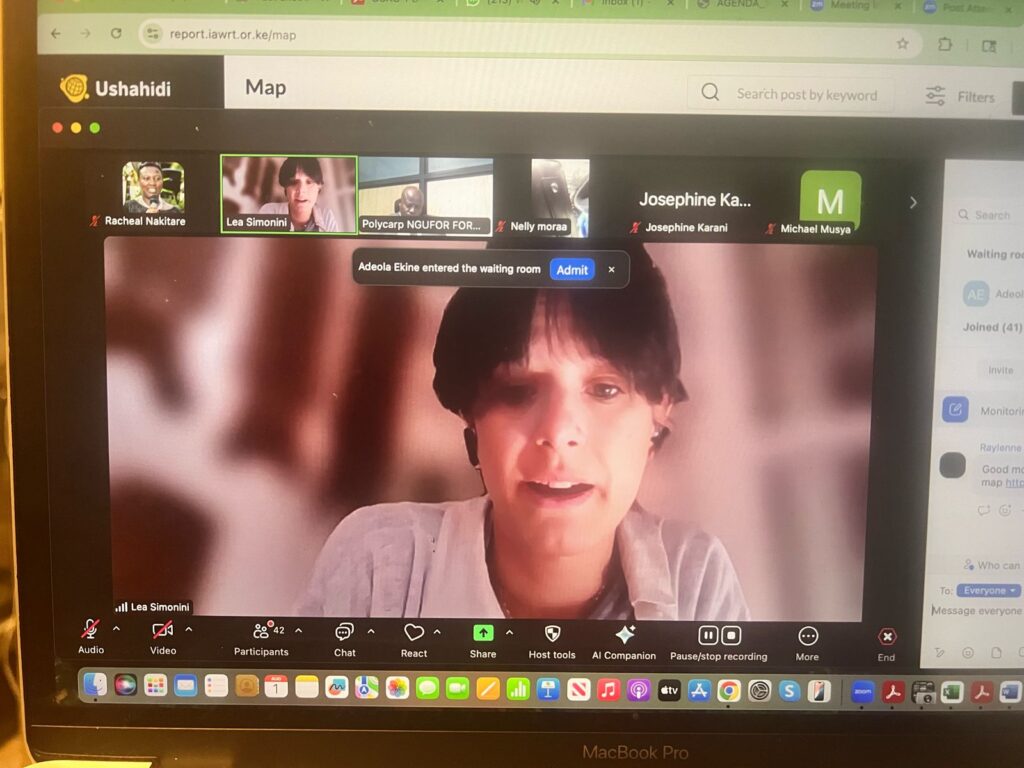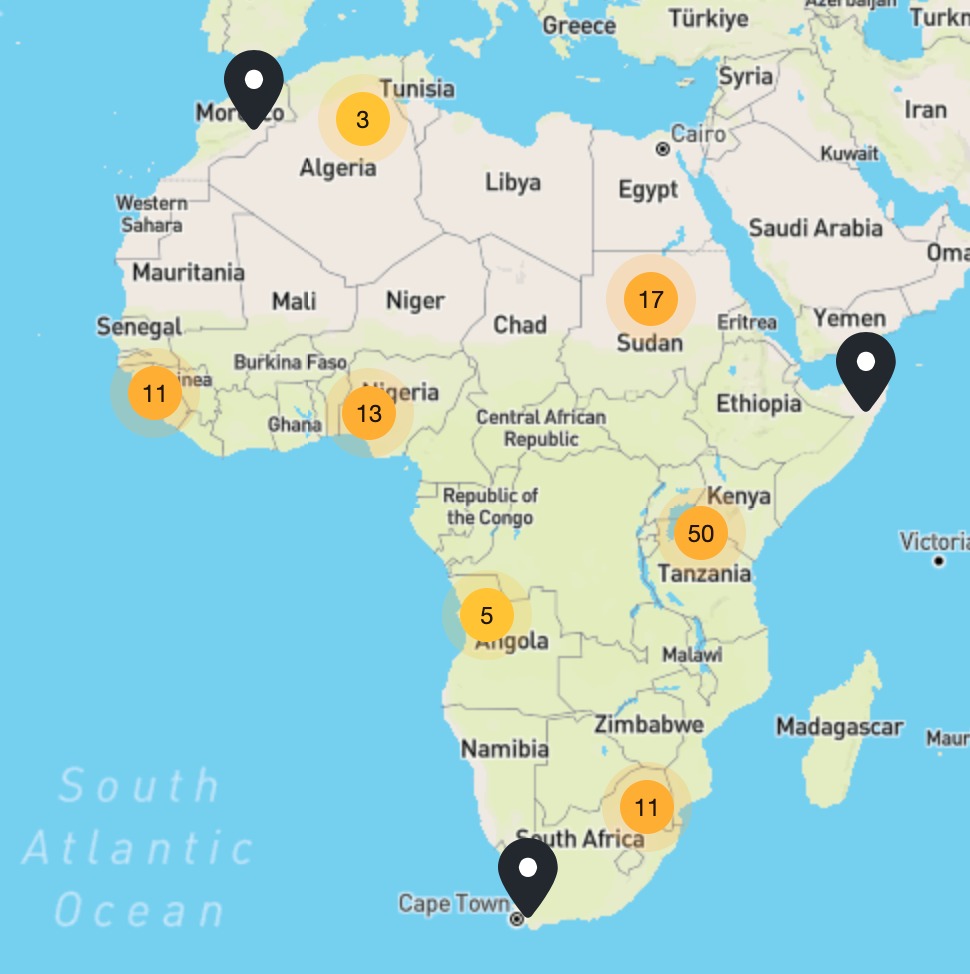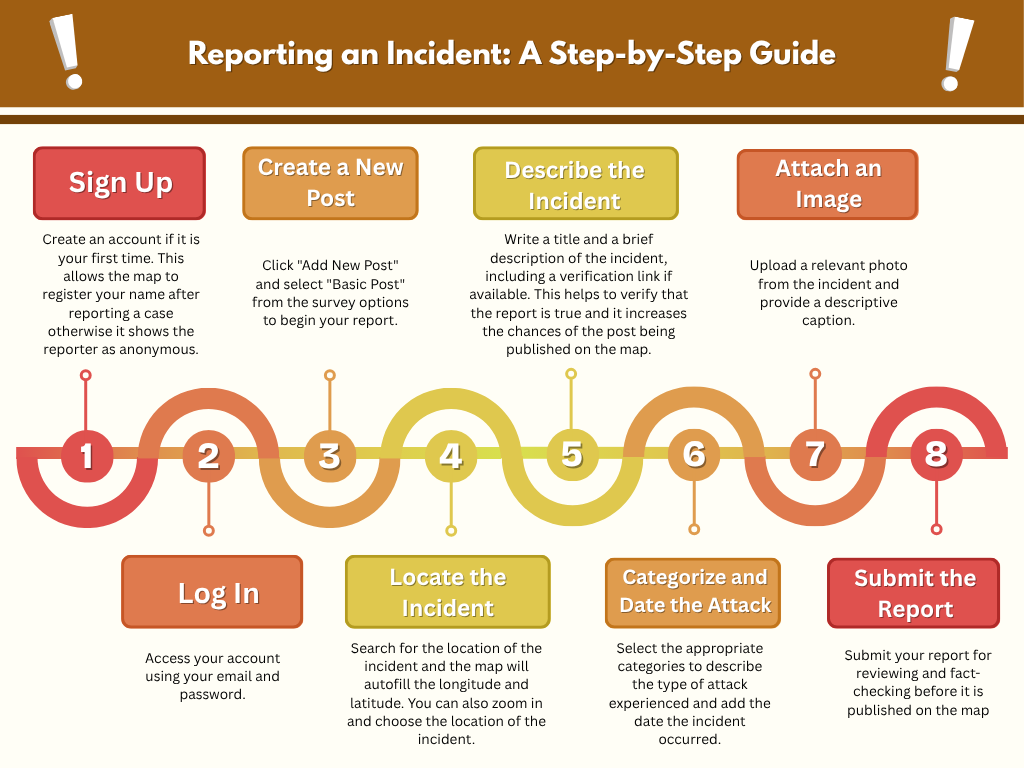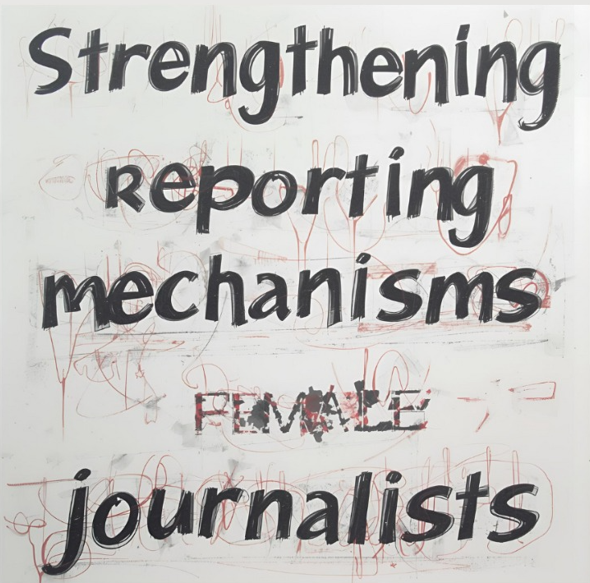By Eva Wanja- IAWRT Kenya
August 1, 2025
Standing Up for Women Journalists: A Powerful Step Forward in Digital Protection
Today, I had the privilege of attending the virtual launch of a powerful tool that marks a critical turning point for women journalists across Africa. The Monitoring and Reporting Platform for Online Gender-Based Violence (OGBV) now officially live is more than just a digital system; it’s a lifeline.

Hosted by the International Association of Women in Radio and Television- Kenya (IAWRT) in partnership with Pan African Lawyers Union (PALU) and Law enforcement agencies and supported by IPDC through UNESCO, the event brought together voices from across the continent, with over 45 delegates all united by one purpose: making journalism safer for women.
What struck me the most was the urgency and raw honesty in the conversations. From doxxing and digital surveillance to physical assault and even killings, the threats women journalists face are relentless and deeply gendered. These aren’t just personal attacks; they’re part of a bigger strategy to silence truth-tellers and undermine press freedom.
We were taken through how the platform works powered by AI and crowdsourced data with a live map showing real-time cases of harassment across countries. It was jarring to see so many dots on that map, each one a story of pain, fear, and sometimes silence. I couldn’t help but imagine the mental toll the self-censorship, the anxiety, the forced exits from the profession.
One of the most impactful moments came from Jared Ojuok, speaking on behalf of law enforcement in Kenya. He reassured us of their commitment to protecting journalists, even emphasizing that violations perpetrated by the police would not be ignored. That kind of accountability, especially from security forces, is rare and necessary.
The platform also does more than just document abuse. It connects victims to pro bono legal aid, engages law enforcement in training and sensitization, and builds evidence for policy advocacy. It’s a holistic response to a deep-rooted problem.
This wasn’t just a launch. It felt like the beginning of a movement one that says: we see you, we hear you, and we are not backing down.




